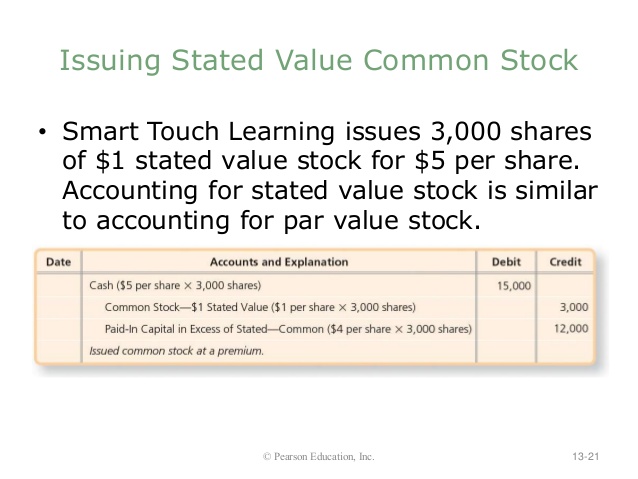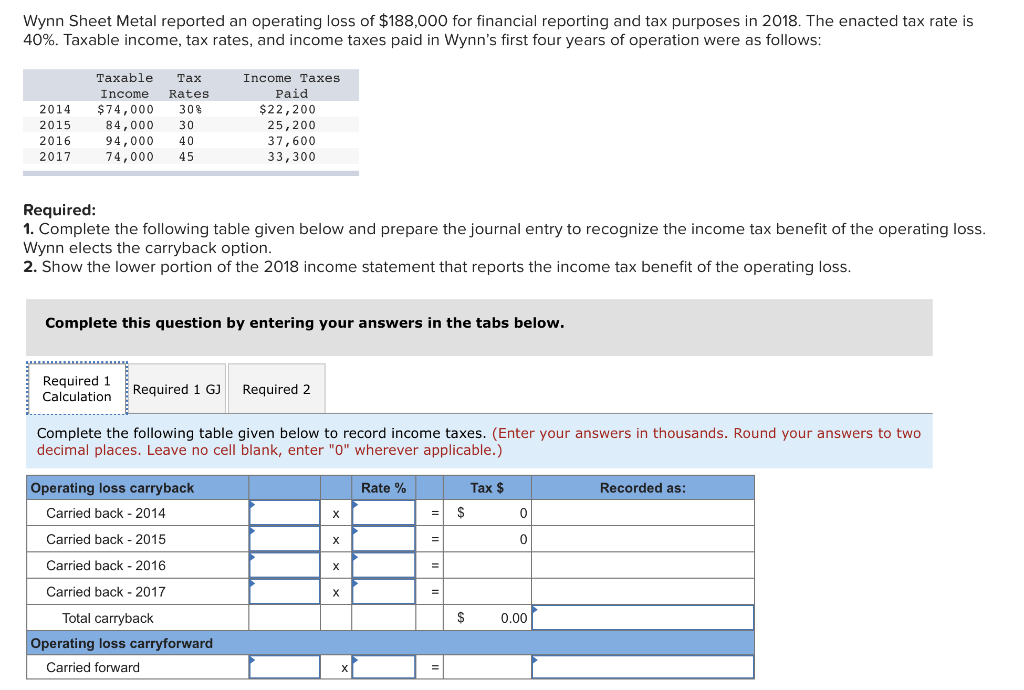Content

The lessor is also known as the landlord in lease agreements that deal with property or real estate. A lessor is essentially someone who grants a lease to someone else. As such, a lessor is the owner of an asset that is leased under an agreement to a lessee.
For one, it establishes the responsibilities and rights of the lessee and lessor. With that, it explains whatever consequences there are if the deal goes south, such as fees and penalties, an eviction, or even repossession. Further, though secured by the lease agreement, there are chances of damage or wear and tear to the leased asset. Direct CostDirect cost refers to the cost of operating core business activity—production costs, raw material cost, and wages paid to factory staff. Such costs can be determined by identifying the expenditure on cost objects.
What is a Lessor?
The big effect of the new lease standard is on lessees, who must add operating leases onto their balance sheets. Take a look at our resource that shows a side-by-side comparison of ASC 840 lease accounting and ASC 842 lease accounting.
- The advantage of being a lessee is that it may be easier to finance use of a piece of property temporarily instead of purchasing outright whatever it is the lessee is looking to use.
- While landlord obligations vary from state to state, a basic set of rights have been established that can protect lessees, who can seek redress if their lessors aren’t, for example, maintaining the property according to the lease agreement.
- Single Member LLC Definition A Single Member LLC definition is a limited liability company with one member.
For example, the lease of land to set up a manufacturing plant may be for a longer period than the lease of equipment or a vehicle. The lessor is the legal owner of the asset or property, and he gives the lessee the right to use or occupy the asset or property for a specific period. During the contract, the lessor retains the right of ownership of the property https://business-accounting.net/ and is entitled to receive periodic payments from the lessee based on their initial agreement. He must also be compensated for any losses incurred during the contract due to damage or misuse of the asset in question. If the asset is sold, the lessor must authorize such a transaction and is entitled to receive any financial gains resulting from the sale.
Words Near Lessor in the Dictionary
DepreciationDepreciation is a systematic allocation method used to account for the costs of any physical or tangible asset throughout its useful life. Its value indicates how much of an asset’s worth has been utilized. Depreciation enables companies to generate revenue from their assets while only charging a fraction of the cost of the asset in use each year. Thus, the interest revenues are treated like receiving loan repayment instalments, each time resulting in the deduction of the total lease amount to be received. Here, the lessee treats an asset like an owner and becomes its owner at the end of the term. Once the tenure end, the lessor will no longer hold the possession of the asset.
- That way, they can seek legal restitution if the lessor doesn’t provide maintenance on the property as per the agreement.
- For properties, a landlord often grants a lease and becomes the lessor, but they also own the property or building.
- LESSOR may assign the LEASE and/or grant a security interest in the EQUIPMENT, in whole or in part, to one or more assignees, without notice to LESSEE.
- By signing the lease agreement, ARC gives the rights of possession or in this case occupancy as well as use to BBC.
- DisclaimerAll content on this website, including dictionary, thesaurus, literature, geography, and other reference data is for informational purposes only.
An asset may be repossessed by the lessor in the event of a default on the lease payments. At common law, it was said that covenants » ran with the land » but not with the reversion, the assignee of the reversion not having the rights of the original lessor. The owner of real or personal property, an interest in which is granted by lease. If ownership does transfer to the lessee, that transfer ends the lease. The advantage of being a lessee is that it may be easier to finance use of a piece of property temporarily instead of purchasing outright whatever it is the lessee is looking to use.
Accounting Topics
They may include consequences for ending the contract early; for example, if you wanted to move out before the full term ends. The lessor might offer a longer lease term for a lower payment; for example, a discount for signing a 24-month lease instead of a 12-month lease.
CDB Aviation Delivers Two Boeing 737-800 to Neos Business … – Manchestertimes
CDB Aviation Delivers Two Boeing 737-800 to Neos Business ….
Posted: Tue, 07 Feb 2023 14:59:58 GMT [source]
The two parties can enter into a leasing agreement by signing a lease which is a legally binding contract. The lease agreement that they enter into with another party is binding on both the lessor and the lessee and spells out the rights and obligations of both parties. In addition to the use of the property, the lessor may grant special privileges to the lessee, such as early termination of the lease or renewal on unchanged terms, solely at their discretion. In a lease agreement, the lessee is defined as the party that pays for the use of the asset or property. The lessor is the party that receives payments from the lessee in exchange for the usage of its asset or property. A lessee is the person or legal entity leasing the asset provided by the lessor. A lessee in a lease agreement is responsible for making a payment or payment to the lessor for using the asset named in the lease agreement, such as an apartment or a storefront.
Look up a word, learn it forever.
The lease agreement is usually time-bound, which can benefit both parties. When you both agree on the office that suits your needs, the lessor will draw up an agreement that outlines the costs Lessor Definition and rules for using the property. In this case, the lease agreement specifies you as the lessee, the person responsible for payments for the office in exchange for use of the property.
- However, once the lessee has used the equipment for an entire year, the lease revenue will be realised at the close of the financial year.
- These include white papers, government data, original reporting, and interviews with industry experts.
- One party leases their asset/assets to the other, and a lease is signed as a contractual agreement outlining the details of the asset loan.
Look up any word in the dictionary offline, anytime, anywhere with the Oxford Advanced Learner’s Dictionary app. INVESTMENT BANKING RESOURCESLearn the foundation of Investment banking, financial modeling, valuations and more. Cash FlowsCash Flow is the amount of cash or cash equivalent generated & consumed by a Company over a given period. It proves to be a prerequisite for analyzing the business’s strength, profitability, & scope for betterment. Landlords make handsome returns typically with malls, as these places are often swarming with shoppers. However, widespread lockdowns and the fear of disease swept the earnings of retailers and landlords.
Personal tools
A lessee in contrast is someone who makes a one-time payment or a series of periodic payments to the lessor in exchange for using their property. They never own that which they lease; they only temporarily have the ability to utilize it. Single Member LLC Definition A Single Member LLC definition is a limited liability company with one member. It’s a type of entity that has caught on across the United States.

